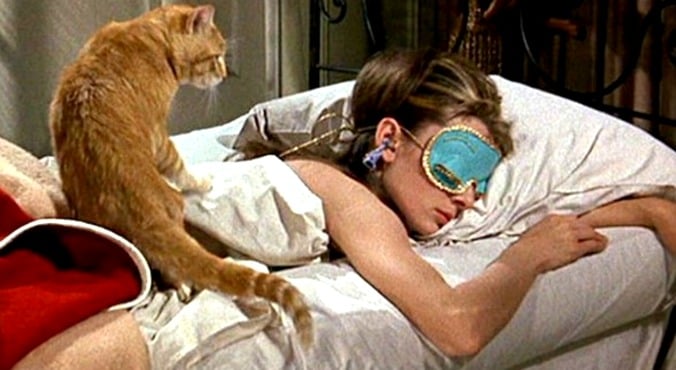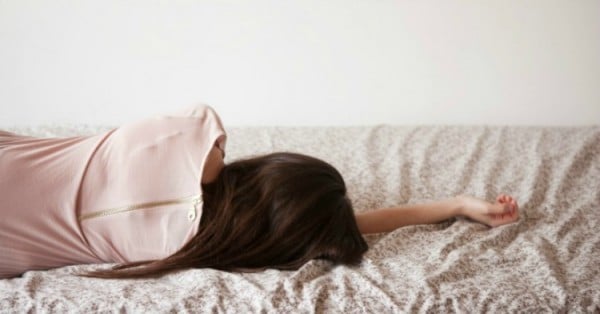
Image: iStock.
By: Richard G ‘Bugs’ Stevens, University of Connecticut.
The Centers for Disease Control and Prevention (CDC) state that insufficient sleep is a serious public health concern, because it can lead to many immediate dangers such as car crashes as well as long-term health problems like diabetes. The blame for sleep deprivation is often pinned on our fast-paced, 24/7 lifestyle, made possible by electric lighting at all times of day and night.
But are we really getting too little sleep?
A new study challenges that idea from a unique perspective, and it is getting wide media attention.
Researchers, led by Jerome Siegel at UCLA, followed three small preindustrial societies, two in Africa and one in South America, reasoning that the best way to judge whether sleep habits in the industrialized world are unnatural is to compare them to sleep habits in those few remaining societies on Earth that still live without electricity. (Post continues after video.)
They found that the average period of time people spent trying to sleep was 7-8½ hours each night. Of this, only 5½-7 hours was confirmed as time asleep. This is about the same as, or less than, what is reported by most Americans and Europeans, and is considered too little for optimum health.




